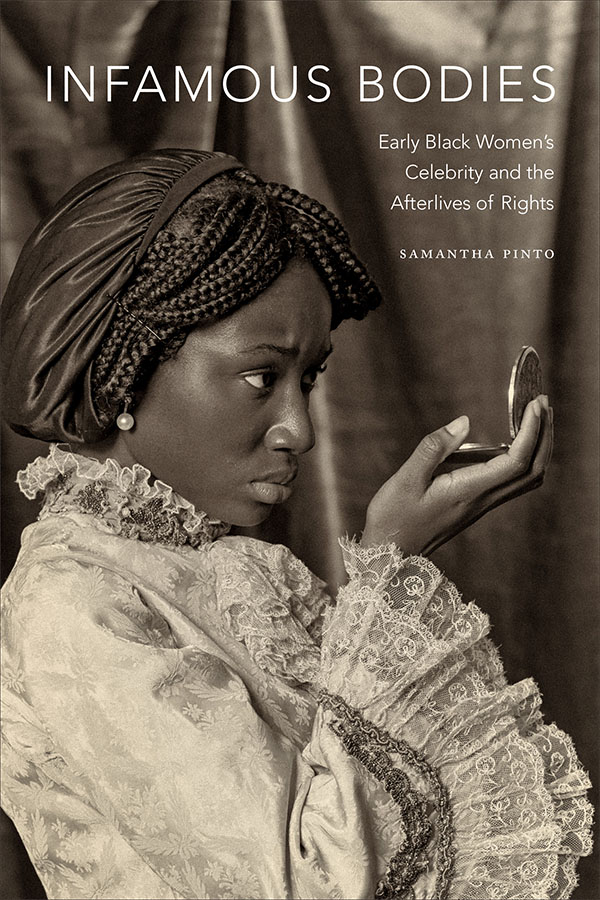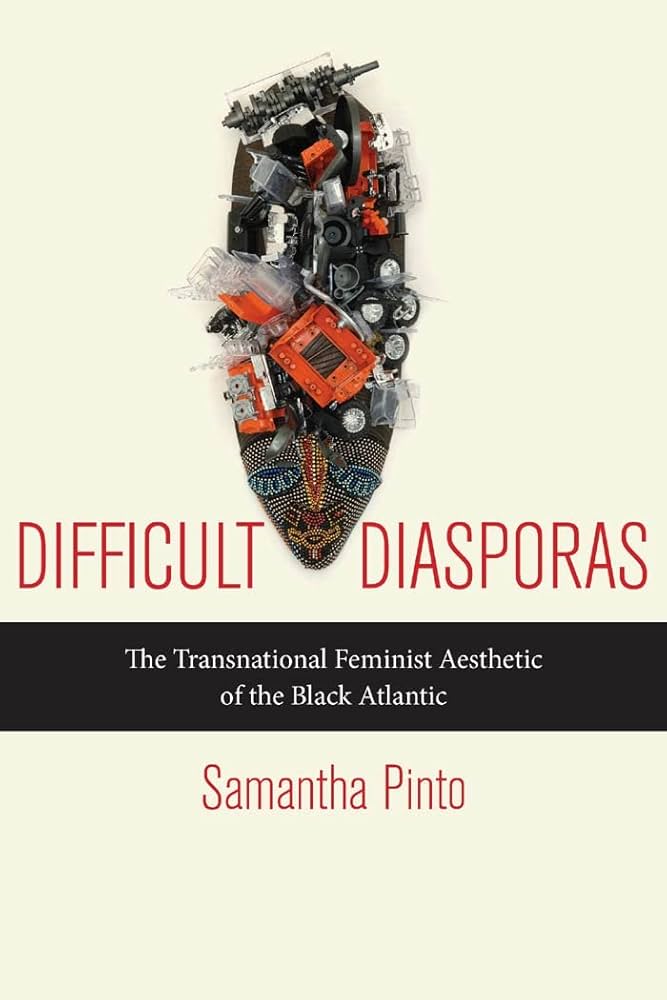Whether I’m writing about Beyoncé or 18th-century concepts of human rights, my research engages feminist theory to rewrite both who we include in the history of African American and African Diaspora culture and how we think & write about race and gender as political categories. I am the author of Difficult Diasporas: The Transnational Feminist Aesthetic of the Black Atlantic (NYU Press, 2013), which makes critical connections both between understudied experimental Black women writers from across the African diaspora and between Black studies and transnational feminist studies. In my second book, Infamous Bodies: Early Black Women’s Celebrity and the Afterlives of Rights (Duke UP, 2020), I turn to the political and aesthetic histories of Black women who erupt onto the public scene in the 18th and 19th centuries to claim the possibilities of Black feminist thought for social futures based not on rights, but on vulnerability. My past and current research ranges from experimental literature to popular culture to political theory to the history of science; all of my projects center ethnic studies, feminist, transnational, and interdisciplinary methods to call attention to how aesthetic and material forms transform our political imaginations.
My research engages feminist theory to rewrite both who we include in the history of African American and African Diaspora culture and how we think & write about race and gender as political categories
Books
Infamous Bodies: Early Black Women’s Celebrity and the Afterlives of Rights

Infamous Bodies: Early Black Women’s Celebrity and the Afterlives of Rights (Duke University Press 2020) interrogates the cultural histories of Black women celebrities of the eighteenth and nineteenth centuries, including eighteenth-century poet Phillis Wheatley, Early American subject of scandal Sally Hemings, African performer Sarah Baartman, Jamaican nurse Mary Seacole, and royal Victorian ward Sarah Forbes Bonetta. I examine how key concepts of rights– freedom, consent, contract, citizenship, and sovereignty– are undone by the very range and experience of Black women’s embodiment. Infamous Bodies is at its core a call to read differently, and an argument that to read Black women’s “texts”—their cultural labor and production—is to necessarily renegotiate the concept of the political around embodied vulnerability.
Difficult Diasporas

Difficult Diasporas: The Transnational Feminist Aesthetic of the Black Atlantic (NYU Press 2013, winner of the Modern Language Association’s William Sanders Scarborough Award), locates transformative possibility in the innovative literary aesthetics of African Diaspora women writers, arguing for the possibilities of literature to not just reflect what is already there but to produce and define the world differently through the creative and flexible use of language, form, and genre. It stages a conversation between African American Studies, Postcolonial Studies, and Transnational Feminist Studies about the intersecting futures of those fields, uncovering previously unmapped connections between national and global histories of Black women. Above all, it makes a forceful argument for the significance of culture in the formation of our political imaginations.